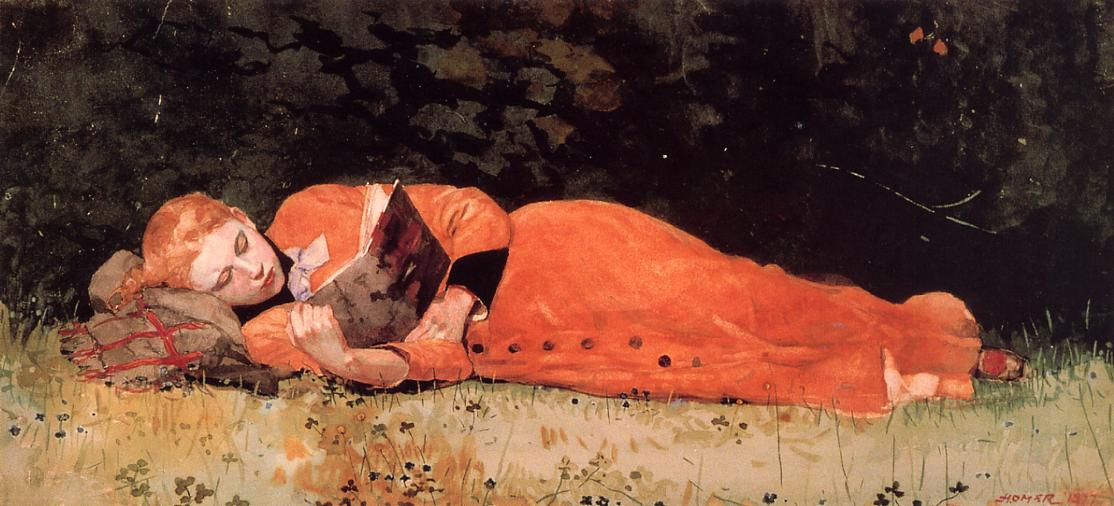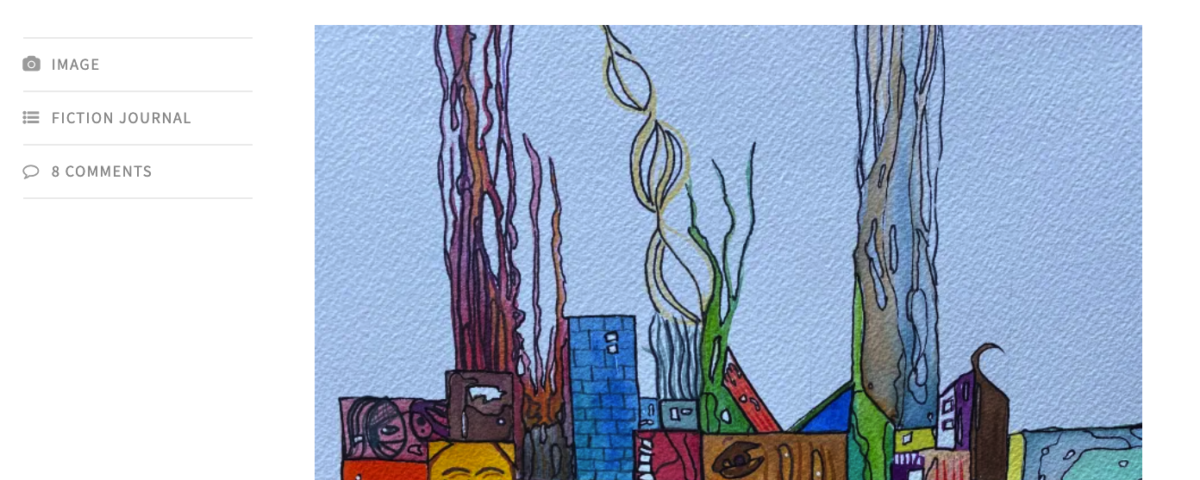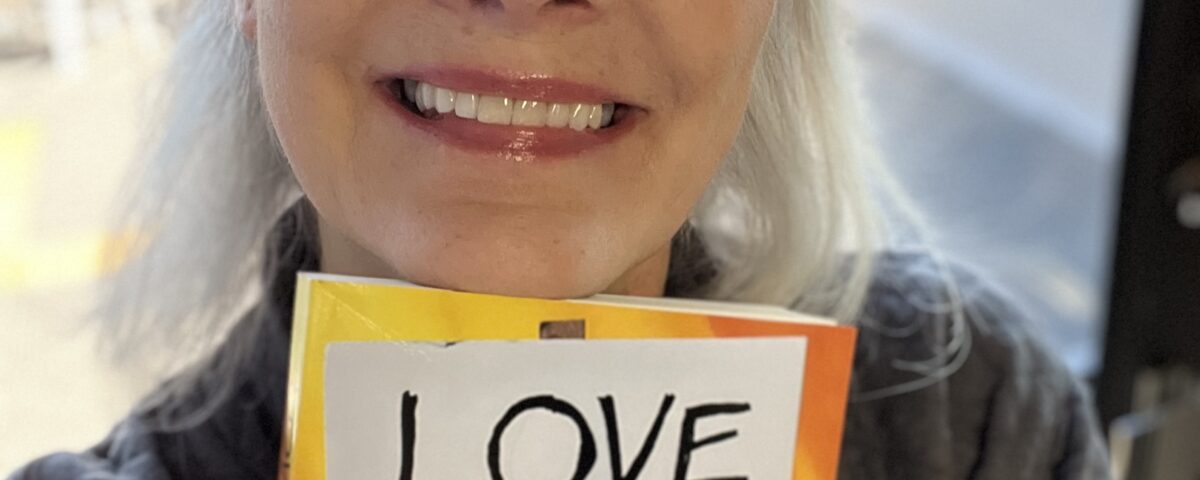
I
I stated publicly on the acknowledgements page of my novel, “And I am especially grateful for Google.” It’s right there, for everyone to see.
Googling shaved at least 8,760 hours off my research time while writing The Clock Of Life, (yes, I just you-know-what’d to find out how many hours are in a year). It helped garner nuggets of inspiration and informed me of some critical points about the Civil Rights Movement, as its importance is woven through the story. And, Google introduced me to Amalgamation cake. When my protagonist’s mama got her new job with the Diversity Coalition of Legal Assistance League, as a transcriber, she took a cake into town every week for, “a little employment insurance, something to sweeten ’em up.” She claimed it couldn’t hurt.
However, I believe it’s the walk-around-and-do-something research that infuses the writing with authenticity.
While I was comfortable with my southern characters and the setting, like the house they lived in, I felt unsure about the actual town itself. So unsure, I took a road trip through the back roads of Georgia, Alabama, and through Mississippi, to take in the spirit of the many small towns that collectively breathed life into my town of Hadlee.
In Newton, Mississippi, I sat across the street looking at the blue and orange Rexall Drug store:
“What’s goin’ on, son?”
“Nothin’, I guess.” I looked across the street at the blue and orange Rexall sign and thought they should change it to “Wrecks All”.
One day I cooked a pot of chitlins and hog maws, even after being warned about the smell. I sure garnered a great deal of respect for the process of cleaning all that body waste and slimy stuff off the chitlins. I learned it’s a lot of work, and anyone who puts in that much time and effort must have grown up loving it. I thought the dish would take on a bigger role in my book, but it got little more than a mention:
Food for the grieving covered every surface of the kitchen. Cast-iron pots of chitlins and hog maws boiled on the stove. The counter, usually tidy and scrubbed clean by Mrs. Johnson, was packed with mounds of fried chicken and catfish piled on platters.
I spent an hour sniffing Jergens Original Body Lotion to come up with a description of the smell:
Mama leaned down and whispered, “No need to worry, Jason Lee. Everything’ll be fine, son.” I breathed in the familiar almond-cherry scent of her lotion.
Some things I knew first-hand, like the time one takes their first swig of moonshine, hooch, the devils drink:
“You gonna drink that or what?” I couldn’t come up with one more excuse to prolong my reason for being there. “Sure am.” I brought it up to my lips. “This stuff smells like my mama’s nail polish remover.”
“Just drink.”
Not one second after I took my first swig a fire hit the back of my throat, then roared through my chest and settled like smoldering embers in my belly. “Tastes as bad as it smells,” I said between chokes.
And, I had my husband tell me the story about the time he got his first suit, and the unfortunate instructions his mother gave the tailor. To go further with this would be a spoiler. Those who have already read the book know the outcome of that one.
So, I agree with novelist Roman Payne when he said, “Who’s to say what a ‘literary life’ is? As long as you are writing often, and writing well, you don’t need to be hanging out in libraries all the time. Nightclubs are great literary research centers. So is Ibiza!”
Yes, Mr. Payne, and dive bars, and Reggae festivals, and bowling alleys.





